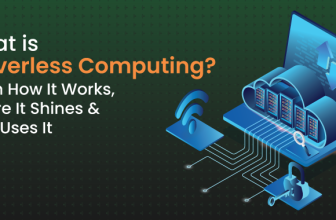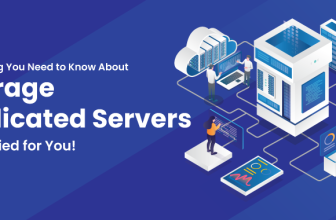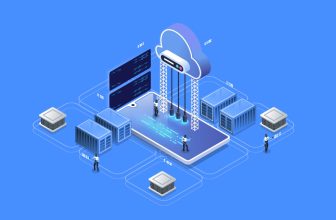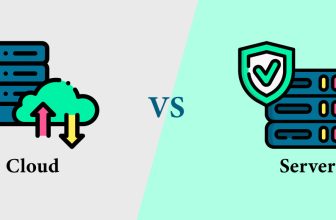On Premise vs Private Cloud: Which is the Ideal Solution for Business?
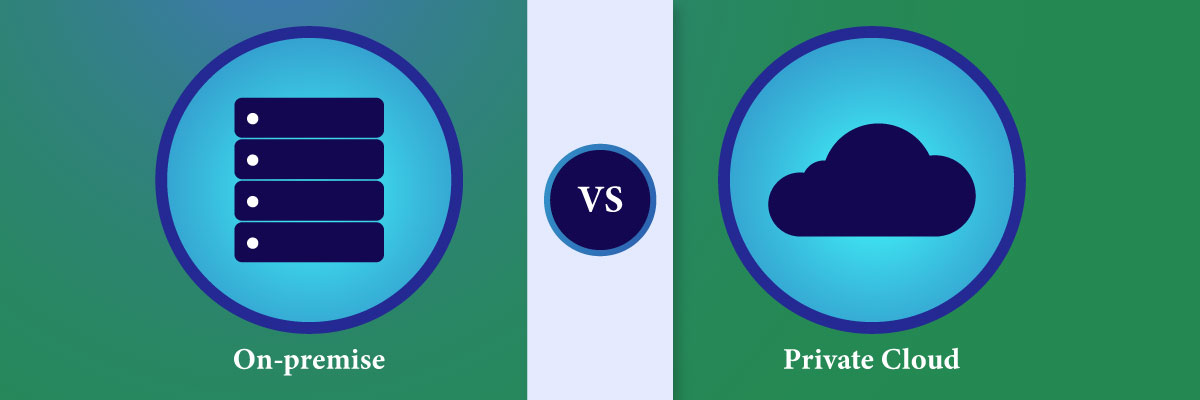
What is Meant By On-premise and Private Cloud?
On-premise is an environment where IT infrastructure is on-premises, having locally housed hardware and applications in contrast to IT assets being kept in a faraway data center or on a public cloud platform. Businesses can have more control over these IT resources by managing their operation, security, and upkeep.
A private cloud is a type of cloud computing in which a single-user organization has exclusive access to the infrastructure. A private cloud can be hosted at a company’s own data center, at a hosting facility owned by a third party, or by a private cloud provider who also provides a typical public shared multi-tenant cloud architecture.
How Does On-Premise Work?
In the modern day, phrases like “on-premise” and “software as a service” (SaaS) are frequently used. On-premise, which translates as “on-site,” refers to a software application licensing mechanism. They can be installed by customers or businesses on their own servers. In other words, consumers buy or rent software and incorporate it into a company’s already-existing IT infrastructure. On-premise solutions allow businesses total control over a particular service in comparison to cloud options. The operational IT departments, however, continue to bear full responsibility for any issues and hazards.
How Does a Private Cloud Work?
In a private cloud, every data center resource is pooled together. The hardware components are virtualized, helping businesses in increasing the efficiency and usability of the cloud environment owned by them. Cloud service solutions allow the designing of data centers by corporations using virtual servers (VMs) and software-defined networking (SDN) systems. The software programs required for complicated network management on plain servers are provided by private cloud solutions, enabling direct maintenance of an organization’s internal data security measures.
On Premise versus Private Cloud
The debate between on premise vs private cloud is still up for grabs when it comes to how they differ in a number of key ways, though.
When any organization decides to operate on-site, it must build a strong IT infrastructure by investing the proper amount in the necessary hardware, software, servers, and data storage systems. To configure, maintain, scale, and upgrade the servers, it must send out specialists and require an initial cost, which is high for on-premises deployment.
Instead of spending money on specialized hardware, software, or servers, the private cloud enables organizations to put their applications and services on an adaptable IT infrastructure. It lets companies use web infrastructure that is controlled by outside service providers to host apps and services. Businesses can now scale, maintain, and secure servers easily without deploying more resources.
Companies that have already invested in on-site mainframes wonder if switching to the cloud is worthwhile in terms of money and effort, or whether maintaining on-premise infrastructure’s sense of ownership and control is worth the initial outlay.
Benefits of On Premise
Businesses keep on thinking that on-premises solutions are ideal for their purposes since they can:
- Operate without the internet: On-premises is a well-suited system that will grant you access to a local network that is constantly accessible regardless of your internet connection.
- Lower month-to-month internet costs: You might not need to pay for a fast connection if your company doesn’t rely on the internet or cloud-based services.
- Increased security: As there is no online storage of the data, access to on-premises storage is either entirely restricted to authorized users only or fully barred outside of the network.
Benefits of Private Cloud
Your business should consider cloud storage since it can:
- Reduce workload for IT personnel: Your IT team will have more time for other tasks because they won’t have to spend much time installing new software updates or changes because another company will be handling your cloud storage.
- Eliminate capital expenditures: No capital expenditure is needed because cloud storage is managed outside. Businesses will instead pay a small monthly subscription fee.
- Back up your files frequently. Data backup is made simpler by the cloud. They can recover the data even if their local files are lost or when their computer crashes. The possibility of losing important information can be reduced because of access to backed-up information.
Which is the Right Choice for My Business?
There is a big difference between private cloud and on-premise deployment when it comes to selecting an IT infrastructure option. After taking into account all the advantages and disadvantages already presented, there is no clear victor or loser in this argument. On-premise solutions offer higher security, transparency, and control, while cloud computing offers cheaper prices, flexibility, and accessibility. Making the best decision for your business can be inevitably challenging. It demands a thorough understanding that should be created strategically with a lot of attention to what your business needs and what you’re attempting to achieve. In the end, the best option will be determined by the specific demands and circumstances of a company’s requirements.



